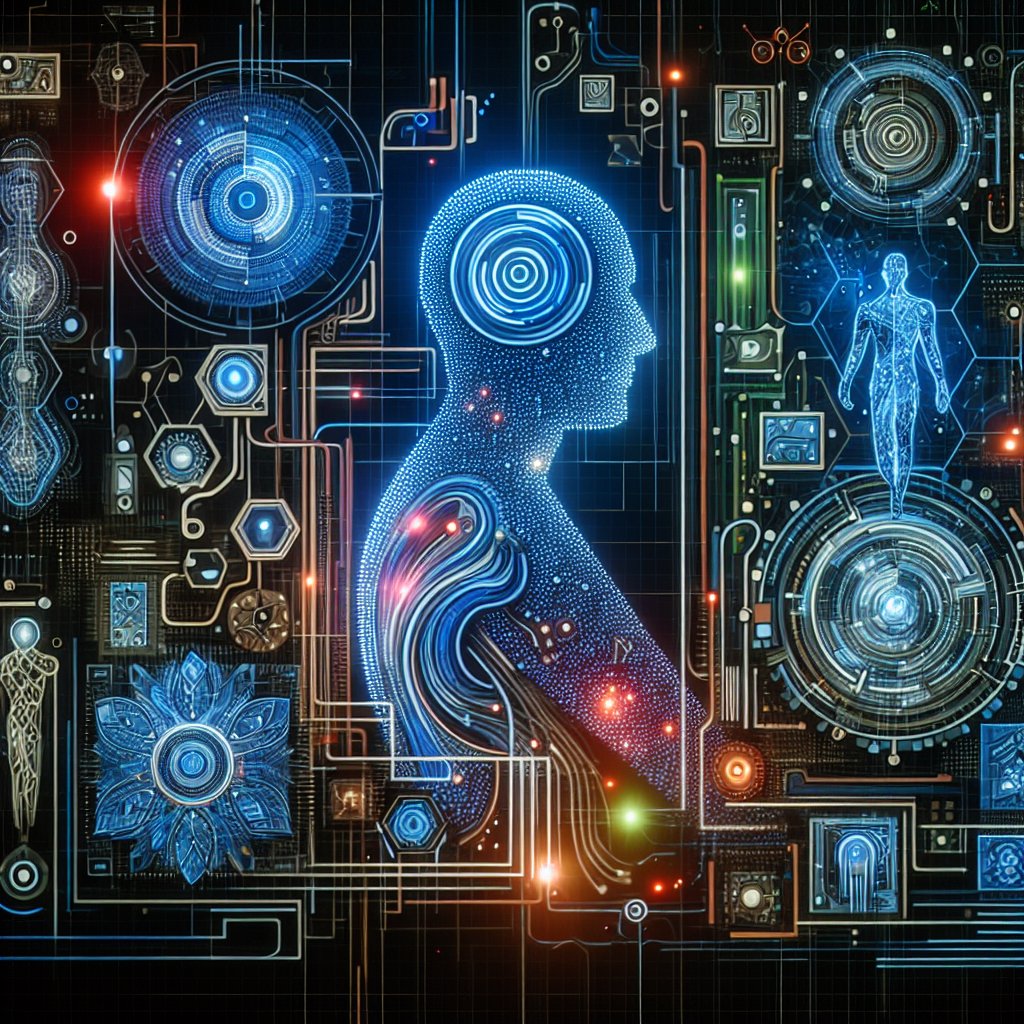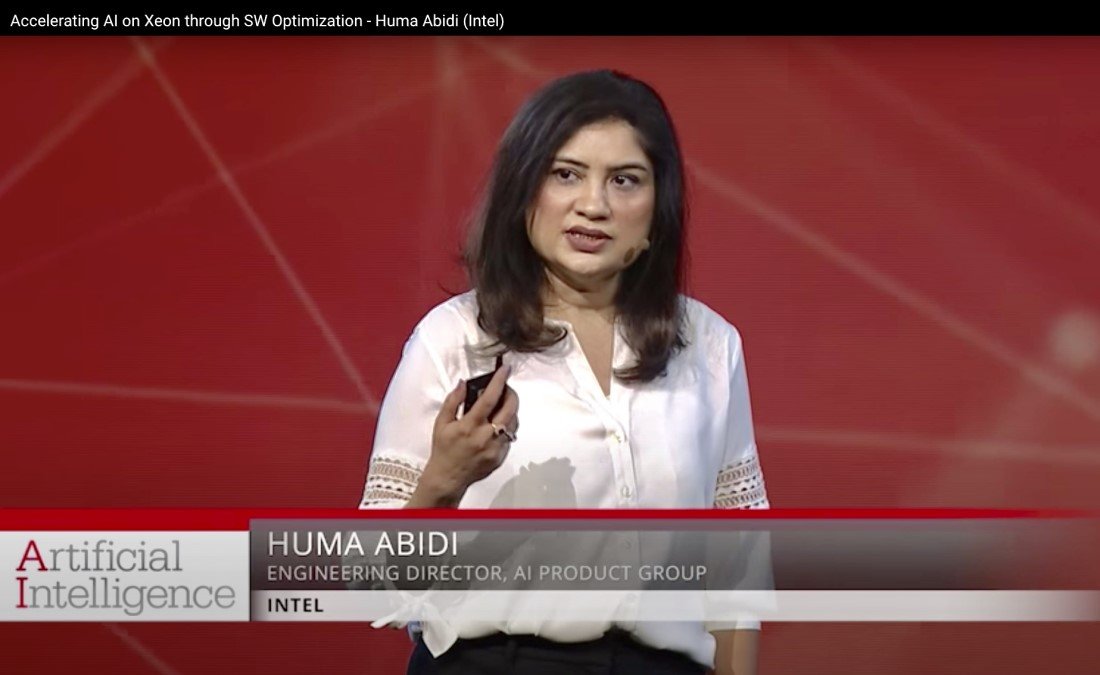The era of artificial intelligence is booming, and its impact on the industry is undeniable. At Intel, this transformation is significantly manifested in the production lines, where AI proves to be a driver of agility and innovation. By integrating intelligent systems and optimization tools, Intel is revolutionizing its manufacturing processes, thereby increasing operational efficiency while reducing costs.
AI allows for the automation of repetitive tasks, improves quality control, and anticipates failures through predictive analytics. Production lines then become true intelligent ecosystems where machines communicate with each other and adapt in real-time to fluctuations in demand. By making these processes smoother, Intel positions itself not only as a technological leader but also as a model to follow for other companies wishing to embrace the future of the industry. Intel’s approach illustrates how essential AI has become to optimize productivity and foster innovation in a constantly evolving sector.
Artificial intelligence is revolutionizing production lines at Intel by improving the efficiency and quality of industrial processes. By integrating AI systems, Intel optimizes the management of manufacturing lines, allowing for an increase in productivity while reducing production costs. Through machine learning algorithms, the company can predict and proactively solve operational issues. AI also promotes the integration of intelligent machines, creating a connected network that communicates in real-time to maximize operational efficiency. This transformation aligns with Intel’s desire to further exploit the economic and social potential of AI within Industry 4.0.

The rise of artificial intelligence (AI) is revolutionizing various sectors, and the manufacturing industry is no exception, with companies like Intel redefining their production lines. By integrating AI technologies, Intel aims to optimize its productivity, reduce costs, and improve product quality. This article examines how AI is transforming these production lines and the benefits it brings.
Table of Contents
ToggleProcess Optimization
One of the main ways in which AI impacts the production lines at Intel is through process optimization. With advanced algorithms, AI can analyze thousands of data points in real-time, allowing Intel to adjust its manufacturing operations to maximize efficiency. This includes regulating machines to avoid unplanned downtime, thereby increasing the overall productivity of factories.
Cost and Waste Reduction
Another key aspect of integrating AI into Intel’s production lines is the reduction of costs. By predicting machine failures through predictive analysis, Intel can avoid unexpected expenses related to maintenance and equipment replacement. Furthermore, AI allows for the analysis of production flows to identify surpluses and inefficiencies, thus reducing costs associated with material waste.
Improvement of Product Quality
Product quality is a major concern for any company, and AI plays a crucial role in this area. Intel uses AI tools to monitor the quality of its products at every stage of production. Through computer vision systems and intelligent sensors, anomalies can be detected swiftly, ensuring that the final products meet the highest quality standards.
Horizontal and Vertical System Integration
Digital transformation at Intel is also facilitated by system integration through AI. By connecting different machines and production processes, Intel can create an intelligent network where information flows freely. This harmonizes operations and improves communication between various teams, thereby fostering more effective collaboration.
Employee Training and Adaptation
The adoption of AI in production lines also requires employee training. Intel invests in training programs to help its workers adapt to new technologies and leverage AI tools. This does not only concern the use of intelligent machines but also the understanding of data analytics to make more informed decisions.
Towards the Future: AI and Industry 4.0
By integrating AI, Intel positions itself not only as a leader in the technological field but also lays the groundwork for Industry 4.0. The convergence of the Internet of Things (IoT), data analytics, and AI technologies promises an unprecedented revolution in the manufacturing sector. Intel continues to develop solutions that align its production capabilities with the future market demands, making its operations more agile and responsive.











